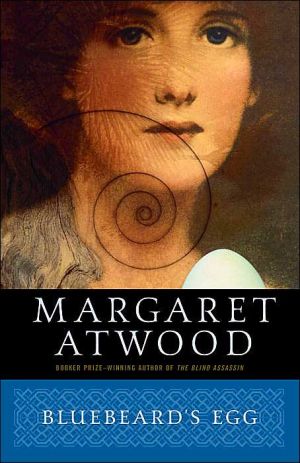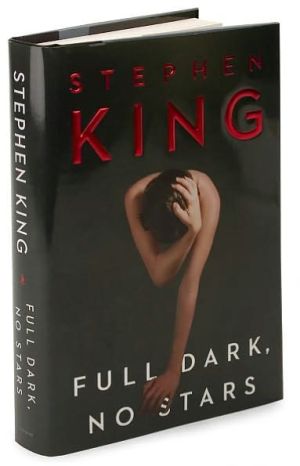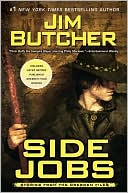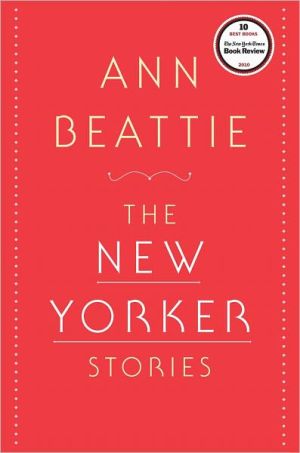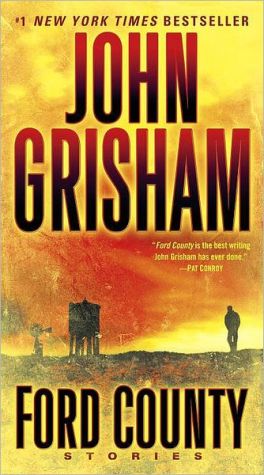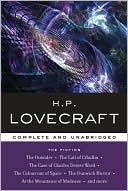Bluebeard's Egg
By turns humorous and warm, stark and frightening, Bluebeard's Egg infuses a Canada of the 1940s, '50s and '80s with glowing childhood memories, the harsh realities of parents growing old, and the casual cruelty that men and women inflict on each other. Here is the familiar outer world of family summers at remote lakes, winters of political activism, and seasons of exotic friends, mudane lives and unexpected loves. But here too is the inner world of hidden places and all that emerges from...
Search in google:
By turns humorous and warm, stark and frightening, Bluebeard's Egg infuses a Canada of the 1940s, '50s and '80s with glowing childhood memories, the harsh realities of parents growing old, and the casual cruelty that men and women inflict on each other. Here is the familiar outer world of family summers at remote lakes, winters of political activism, and seasons of exotic friends, mudane lives and unexpected loves. But here too is the inner world of hidden places and all that emerges from them -- the intimately personal, the fantastic and the shockingly real...whether it's what lies in a mysterious locked room or in the secret feelings we all conceal.The New York Times - Michiko Kakutani. . .this collection is [not] limited or dully familiar; rather, it attests. . .to Ms. Atwood's range as a writer, her ability to set forth her view of the world in both the capacious form of the novel and the narrower mold of the short story; in both lyrical, meditative tales and wry, crackly satires.
\ Michiko Kakutani. . .this collection is [not] limited or dully familiar; rather, it attests. . .to Ms. Atwood's range as a writer, her ability to set forth her view of the world in both the capacious form of the novel and the narrower mold of the short story; in both lyrical, meditative tales and wry, crackly satires.\ —The New York Times\ \ \ \ \ Publishers Weekly\ - Publisher's Weekly\ "Conversations in our family were not about feelings,'' recalls the teenage narrator of "Hurricane Hazel' -- 'about her breakup with a boyfriend who "meant what is usually called absolutely nothing to me" -- 'in Atwood's (The Handmaid's Tale, etc.) second collection of shortfiction. Unfortunately, the author's arch cleverness and cool understatement anesthetize the impact of the stories' conversations and gloomy relationships between parents and children, husbands and wives, friends and lovers. Symbols abound and some, reminiscent of Atwood's "edible woman'' cake in the book of the same title, are strained. In "Uglypuss,'' the discordant lovers are political activists; at one point they plan to picket a sock company and dramatize the crucifixion, portraying Christ as a large knitted sock, in red and white stripes. But the collection is somewhat redeemed by the affecting title story, where an egg, a deceptively innocuous object that, according to the legend, ultimately marks as disobedient two of Bluebeard's unfortunate wives, aptly symbolizes the protagonist's premonitions of doom about her marriage to a man she is desperately afraid of losing, although she describes him as obtuse, blundering and predictable.\ \ \ Library JournalIn this delightful collection of short stories, Atwood (The Blind Assassin) explores relationships between men and women, parents and children, and people and pets. She also touches on anorexia and adult children of elderly parents. In typical Atwood fashion, the characters and locations are described in detail. Bonnie Hurren transports the listener into the author's world with her excellent pronunciation and slow, well-paced intonation. Each cassette stops at a convenient point in the story rather than whenever the tape ends. While this requires the listener to fast-forward each tape before changing sides, it makes it easier to follow the story line. Recommended for popular fiction collections and any library serving Atwood fans. Laurie Selwyn, San Antonio P.L. Copyright 2001 Cahners Business Information.\ \ \ \ \ Robert TowersAlthough events occur, these stories are much more analytical than dramatic in their telling, more 'spelled out' than glancing or impressionistic. At times their inspiration seems as much journalistic or sociological as fictional. The distance that Ms. Atwood keeps -- the unblinking detachment with which she views her creations -- means that her readers, while interested and often amused, are not likely to become much involved. Her psychological astuteness is everywhere in evidence, though, whether she is observing a dispirited family on vacation in Trinidad ('Scarlet Ibis') or the sullen evasiveness of an anorexic girl in a hospital ('Spring Song of the Frogs'). Her prose is controlled, her sentences carefully turned to reflect the workings of her finely tuned intelligence.\ \
